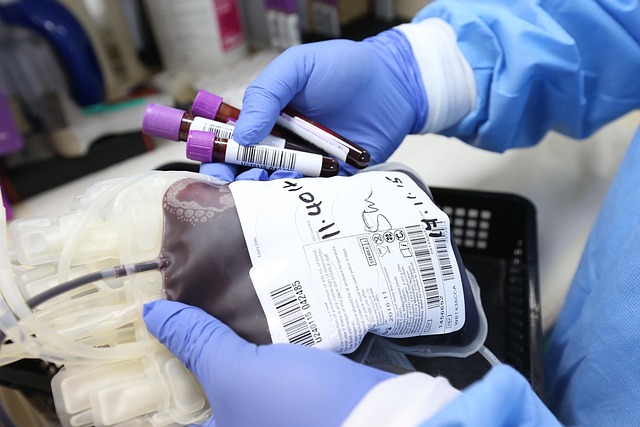Earning a Nursing Degree: Your Path to a Healthcare Career
A nursing degree opens doors to one of healthcare's most rewarding and in-demand professions. This educational pathway combines rigorous academic study with hands-on clinical experience, preparing students for various roles in healthcare settings. Understanding the different types of nursing degrees, their requirements, and career outcomes helps aspiring healthcare professionals make informed decisions about their education journey.

Essential Components of Nursing Education
Modern nursing education combines classroom instruction with practical clinical experience. Students learn fundamental sciences like anatomy, physiology, and pharmacology alongside specialized nursing concepts. Clinical rotations in healthcare facilities provide hands-on experience in patient care, medical procedures, and healthcare team collaboration. This comprehensive approach ensures graduates are well-prepared for real-world nursing practice.
Healthcare Industry Requirements and Standards
Nursing programs must meet strict accreditation standards to ensure quality education. The Commission on Collegiate Nursing Education (CCNE) and the Accreditation Commission for Education in Nursing (ACEN) are primary accrediting bodies. These organizations evaluate program curricula, faculty qualifications, and student outcomes to maintain educational excellence in nursing programs nationwide.
Student Support and Resources in Nursing Programs
Successful nursing education requires robust support systems. Most programs offer academic advising, tutoring services, simulation laboratories, and clinical placement assistance. Students also benefit from study groups, mentoring programs, and professional networking opportunities through student nursing associations and healthcare partnerships.
Career Opportunities and Advancement
Nursing degrees provide diverse career paths across healthcare settings. Entry-level positions include staff nurse roles in hospitals, clinics, and long-term care facilities. Advanced degrees lead to specialized positions such as nurse practitioner, nurse educator, or clinical nurse specialist. The field offers significant growth potential through continuing education and certification programs.
| Degree Type | Program Length | Career Opportunities | Estimated Starting Salary Range |
|---|---|---|---|
| LPN/LVN | 12-18 months | Long-term care, clinics | $45,000 - $55,000 |
| ADN | 2 years | Hospitals, medical offices | $52,000 - $65,000 |
| BSN | 4 years | All healthcare settings | $60,000 - $75,000 |
| MSN | 2-3 years post-BSN | Advanced practice, education | $85,000 - $120,000 |
| DNP | 3-4 years post-MSN | Leadership, research | $100,000 - $150,000 |
Prices, rates, or cost estimates mentioned in this article are based on the latest available information but may change over time. Independent research is advised before making financial decisions.
The nursing profession continues to evolve with healthcare advances and changing population needs. A nursing degree provides essential knowledge and skills for this dynamic field while offering numerous opportunities for professional growth and specialization. Whether pursuing an entry-level position or advanced practice role, nursing education serves as the foundation for a meaningful healthcare career.
This article is for informational purposes only and should not be considered medical advice. Please consult a qualified healthcare professional for personalized guidance and treatment.






